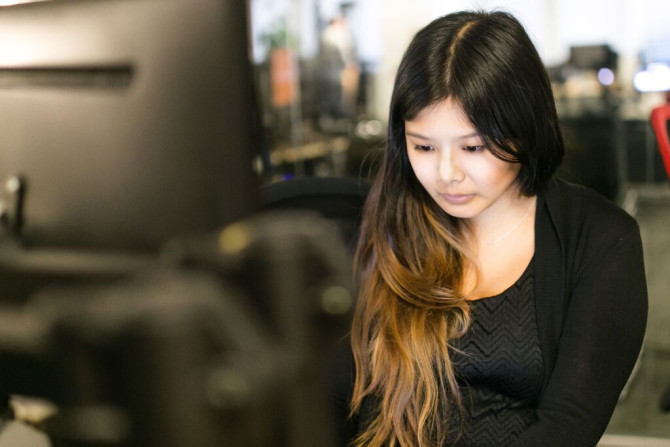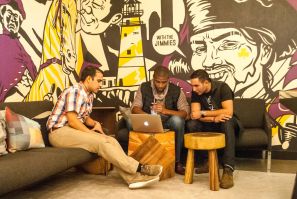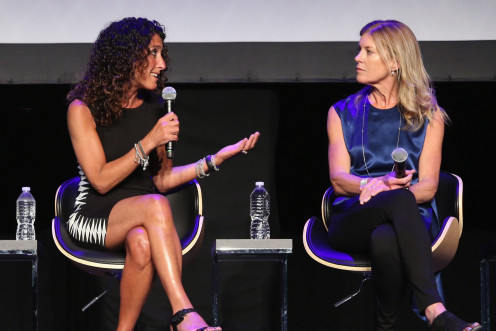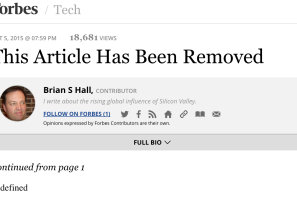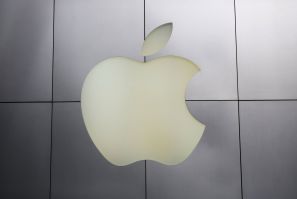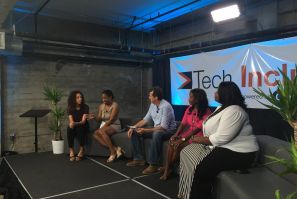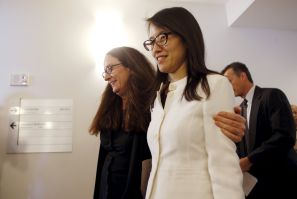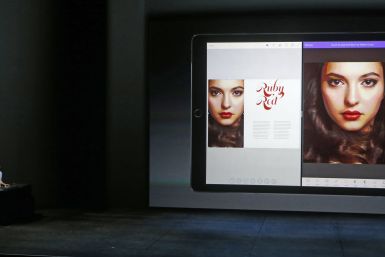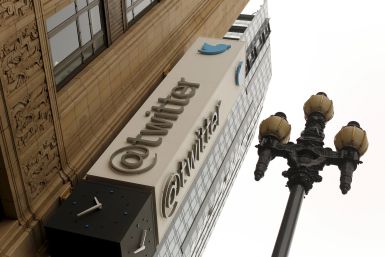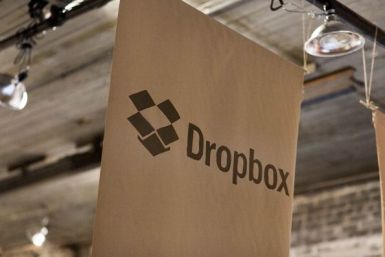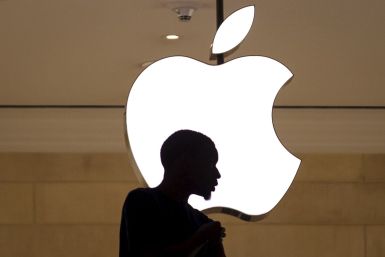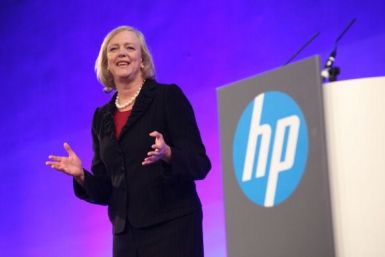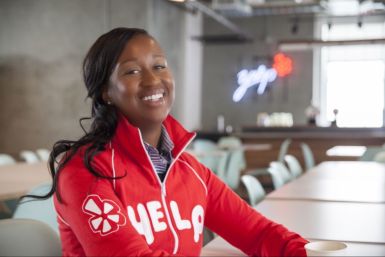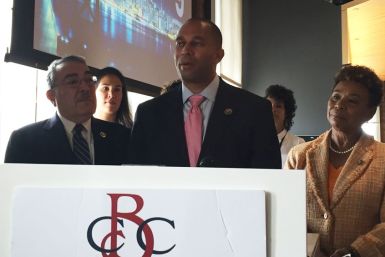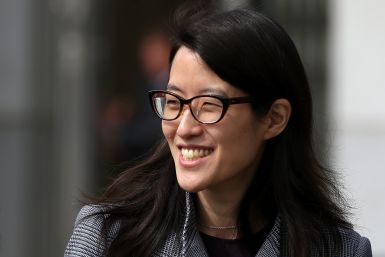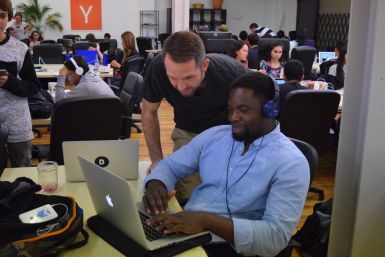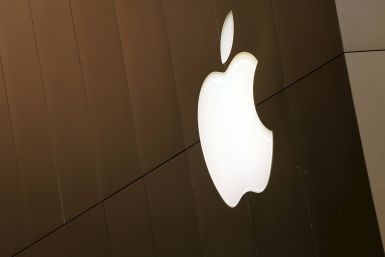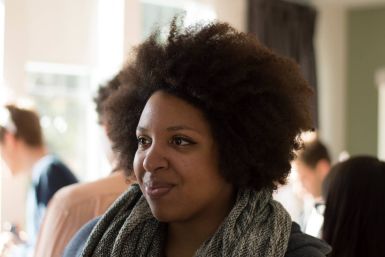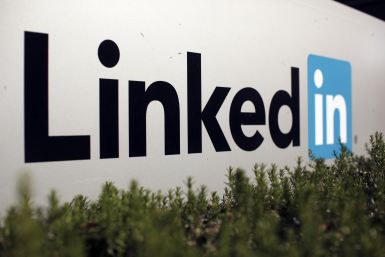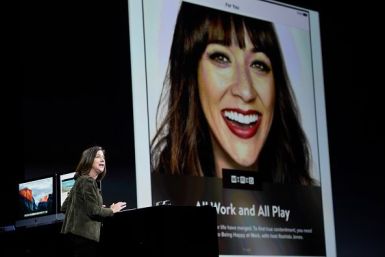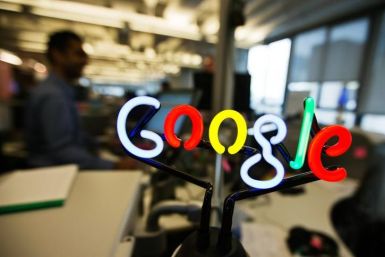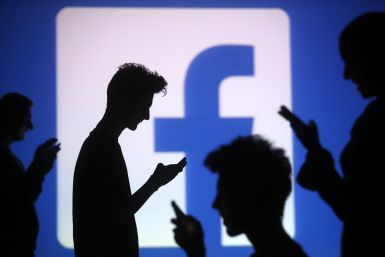The San Francisco maker of productivity software joins a growing list of tech "unicorns" trying to employ more women and minorities.
It was nearly 45 minutes before Apple's Wednesday event featured a woman on stage.
A year ago, Jackson spurred tech companies to start issuing “diversity reports” to hold themselves accountable. But now he has a new target: the unicorns.
Despite showing large gains for women and Hispanics, Twitter managed to hire just 16 African-Americans since its last diversity report.
Tech startups are trying interesting techniques, like building diversity dashboards and ignoring resumes, to bring in diverse talent.
Dropbox is one of the few major tech companies that does not already have someone leading its efforts to recruit more women and minorities.
The company hired 11,000 women and 2,200 African-Americans, but both groups, along with Hispanics, remain underrepresented.
Between Hewlett Packard Enterprise and HP Inc. there will be eight women and four African-American board members.
One goal is to make staff match the demographics of the communities they're working in.
In a visit to Silicon Valley, lawmakers assail the low number of African-Americans in director positions at the top 20 U.S. tech companies.
Lack of diversity within Silicon Valley is no secret, but what many in tech still don’t acknowledge is the lack of women and minorities involved in the venture capital part of the industry.
Many Silicon Valley companies struggle to find tech-talented women and minorities because they limit their recruiting to a few elite schools.
By contrast, Google and Yahoo, which have already released their 2015 reports, saw no gains for women or minorities.
In 2013, Facebook made 1,231 U.S. hires. Only seven of the people they hired were black. Tech companies have to do better.
The tech industry lags behind the medical, financial, retail and entertainment sectors when it comes to hiring women as software engineers, a LinkedIn study shows.
Jennifer Bailey and Susan Prescott are just the seventh and eighth women to present at an Apple keynote.
Google's employees are 60 percent white, down just 1 percentage point from 2014.
As young tech workers displace black and Latino families, the City by the Bay is looking increasingly white.
Intel said its goal is to reach a "full representation" for women and minorities in its workforce by 2020.
Is Facebook's 'Year in Review' problem the result of hiring mostly privileged young programmers?


